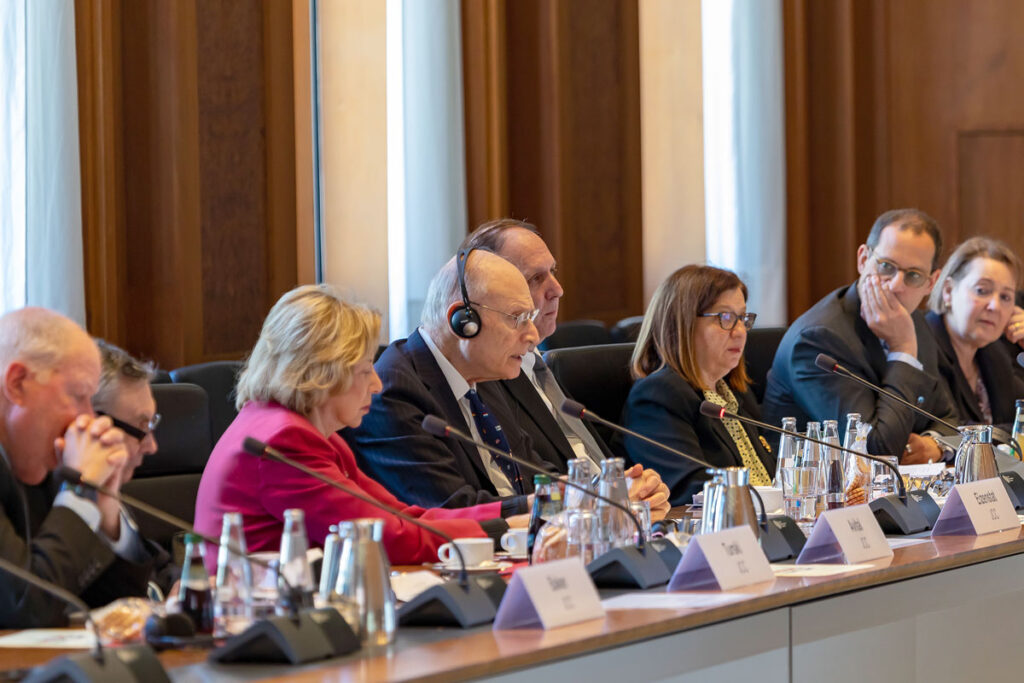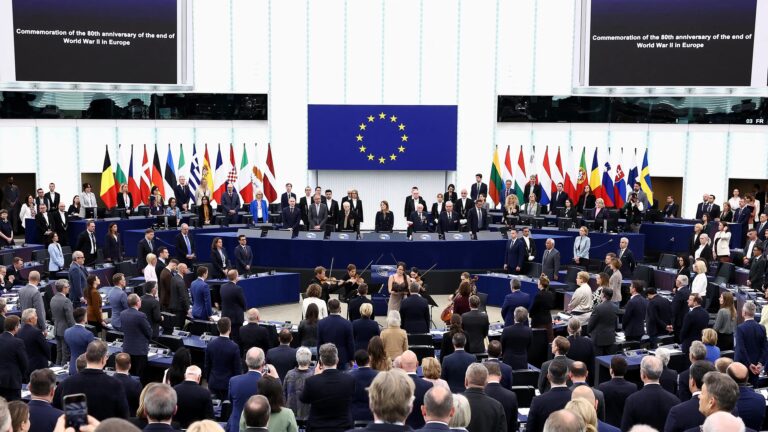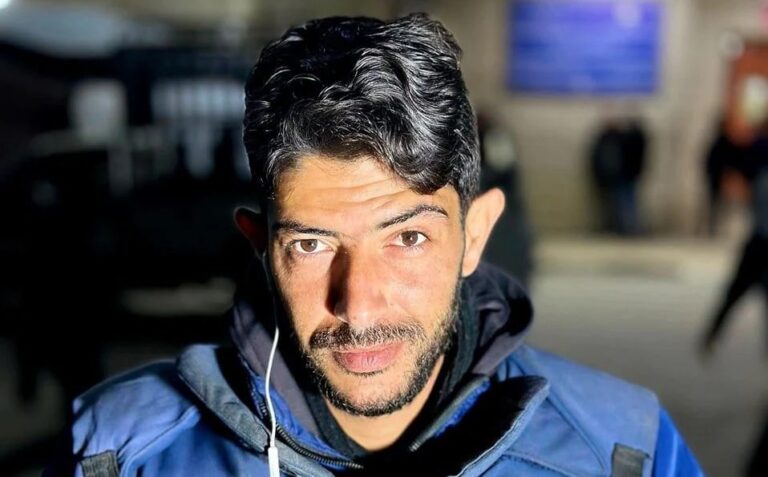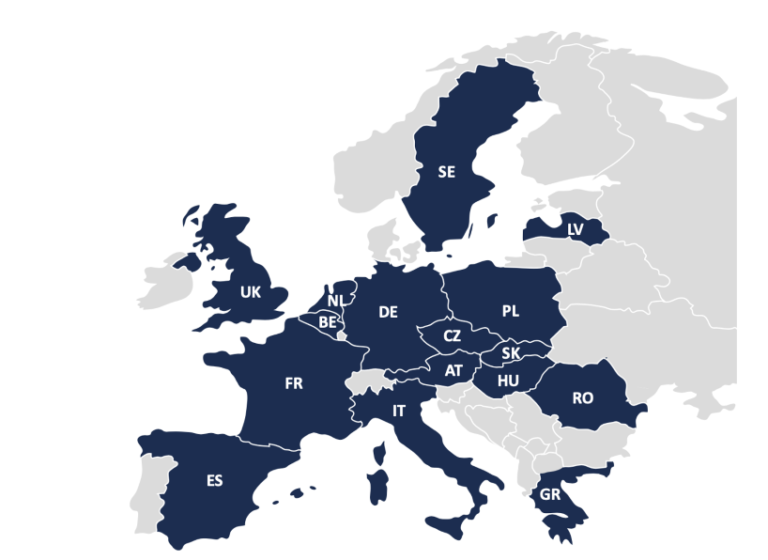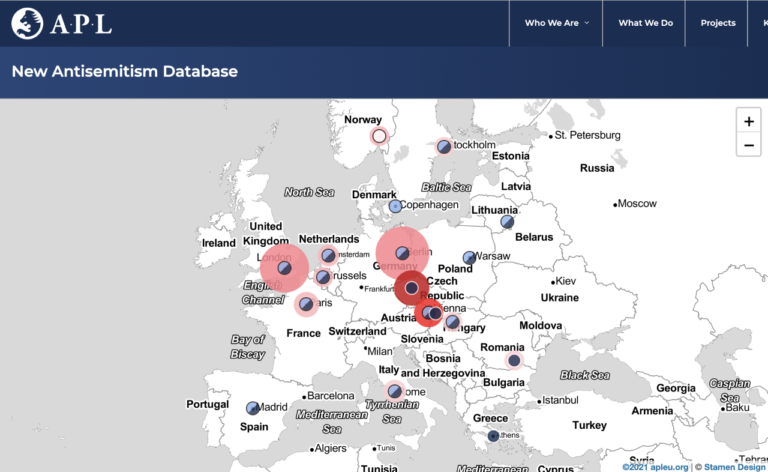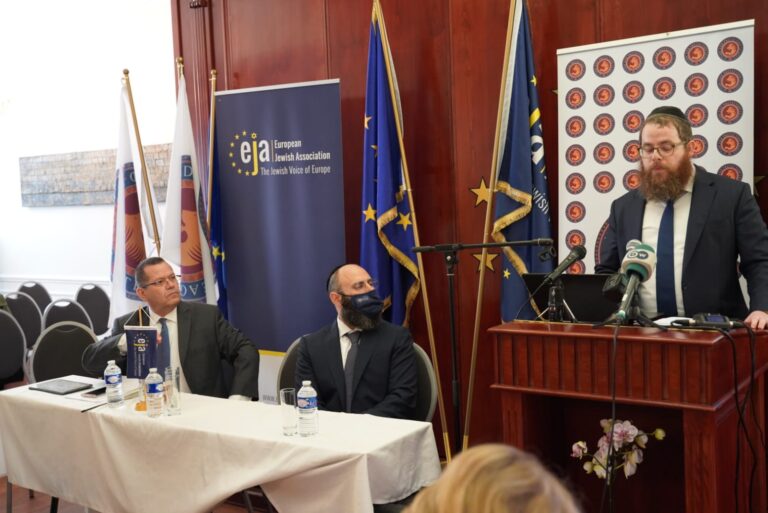Germany will provide an additional $1.4 billion in aid to Holocaust survivors, according to an agreement between the Federal Ministry of Finance and the Jewish Claims Conference (JCC), an international NGO that pursues reparations claims against Germany.
The most important result of the negotiations is the extension until 2027 of a programme, initially due to expire this year, under which survivors who were not imprisoned in ghettos or concentration camps and therefore not eligible for the German government’s pension scheme can receive direct, one-off annual support, reports the Action and Protection Foundation.
This will provide assistance to some 128,000 survivors worldwide, with $1,250 next year, $1,300 in 2025, $1,350 in 2026 and $1,400 in 2027, the New York-based JCC organisation said in a statement highlighting the benefits that this group of victims mainly includes Jews from the former Soviet Union who fled the Nazi Party (NSDAP), and the police forces’ Einsatzgruppen, which persecuted and mass murdered Jews during the Holocaust.
Stuart Eizenstat, head of the JCC’s negotiating delegation, said it was „inspiring” that the German government and people still „feel a deep responsibility” to support Holocaust survivors so many decades after the Second World War.
Because of the ageing of the victims, every year, these negotiations represent „an almost last chance” to ensure that „Holocaust survivors receive some measure of justice and have a chance to regain the human dignity that was taken from them in their youth,” he added.
Among other things, the agreement also provides that the German government will continue, and increase by $105 million, the funding of home care programmes run by some 300 social institutions working with the JCC in 83 countries worldwide.
Through the JCC negotiations, which have been in operation since 1951, Germany has paid some 90 billion dollars to Holocaust survivors. This year, the organisation will distribute roughly $625 million in German reparations in direct payments to approximately 260,000 survivors and will fund the work of social institutions assisting survivors with $750 million.
